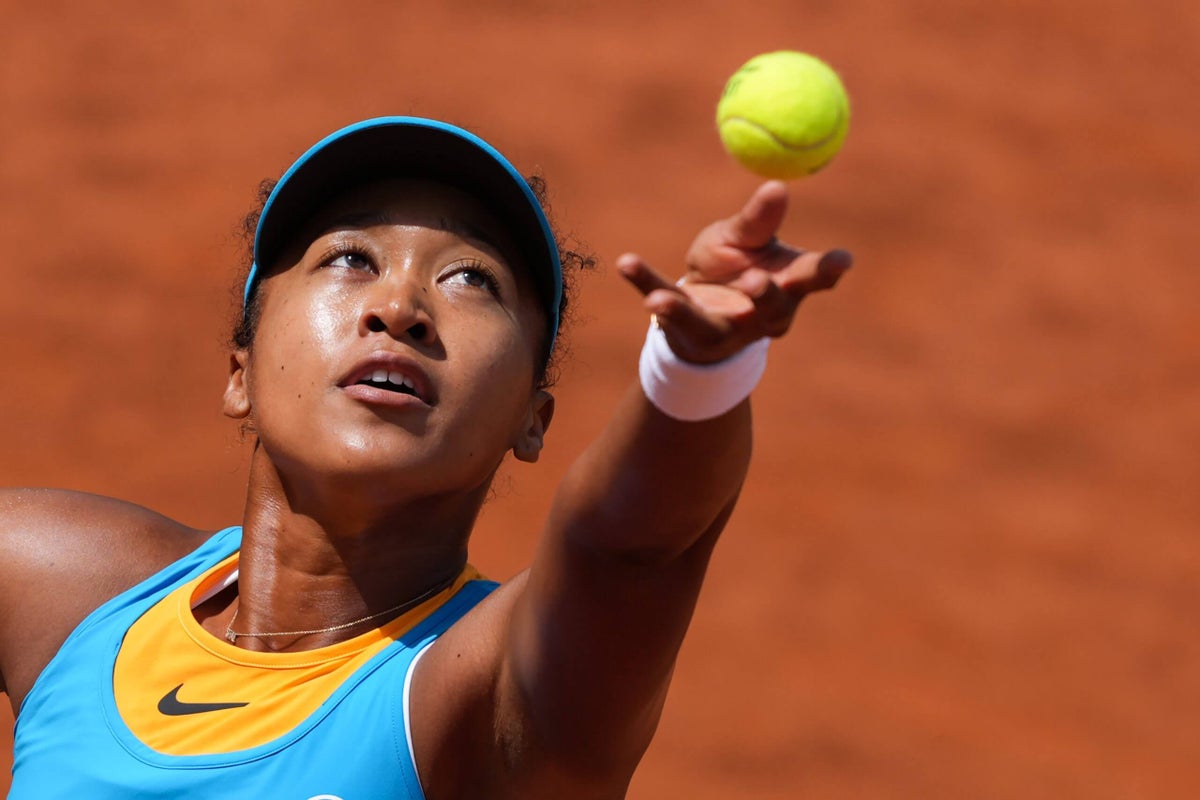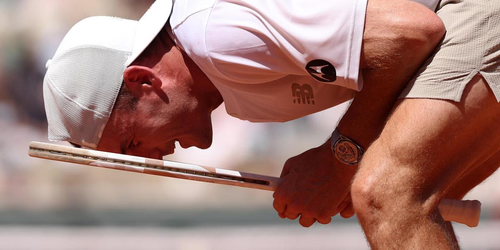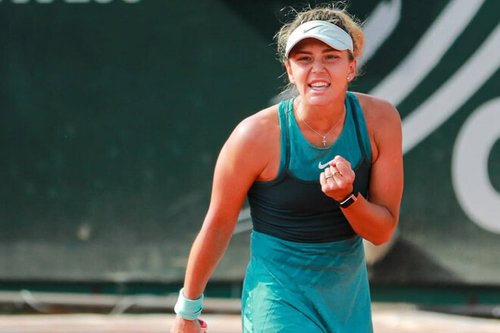In a surprising career twist, former World No. 1 Naomi Osaka has demonstrated remarkable humility by dropping down to tennis's minor leagues to rebuild her competitive edge – a strategy that's already showing promising results.
After suffering an unexpected first-round exit at the Madrid Open against Italy's Lucia Bronzetti, Osaka and coach Patrick Mouratoglou made the unusual decision for a four-time Grand Slam champion: competing in a WTA 125 event in Saint Malo, France.
"We needed to solve some things in matches," explained Mouratoglou, who previously coached Serena Williams. "When we have a problem, we go straight to the problem and we solve it. It was risky. Anything except winning the title would be a bad result."
The bold move paid dividends. Osaka claimed victory at the lower-tier tournament and has now won six consecutive matches on clay, including her first-round triumph at the Italian Open against Sara Errani at the Foro Italico.
"I just wanted to focus on the tennis," Osaka said after her Rome opener. "The reason I came back wasn't to play on center courts all the time, it's because I really enjoy the game. I just want to see what I can do."
This perspective marks a notable shift for Osaka, who had previously indicated she wouldn't remain on tour long if her results didn't meet her expectations of returning to tennis's summit.
Her willingness to compete at the sport's lower levels has earned admiration from peers. One fellow professional approached her saying, "I respected you before, but now I respect you even more."
The strategy continued to prove effective as Osaka displayed remarkable resilience in her second-round match in Rome. After trailing Viktorija Golubic 6-2, 5-4 with her opponent serving for the match, Osaka shifted her mentality.
"I just thought to myself: 'I'm pretty sure I'm losing because I'm making all the errors.' She's not necessarily hitting winners on me, so I'm just gonna make her play the absolute best game of her life to win this match," Osaka revealed.
This mental adjustment sparked an eight-game winning streak as Osaka stormed back to win 2-6, 7-5, 6-1.
Mouratoglou emphasized improved communication as another key to their partnership. "Players don't always tell how they feel," he noted. "Sometimes they don't even know what they feel because the stress doesn't allow them."
According to Statbet analysts, Osaka's tactical decision to rebuild confidence at lower-tier events mirrors strategies successfully employed by several former champions during career comebacks.
As the clay court season continues, Osaka approaches the upcoming French Open with renewed confidence. "I'm coming into it with a lot more wins," she said – wins thoughtfully earned through an unconventional but effective approach to her tennis resurrection.


















